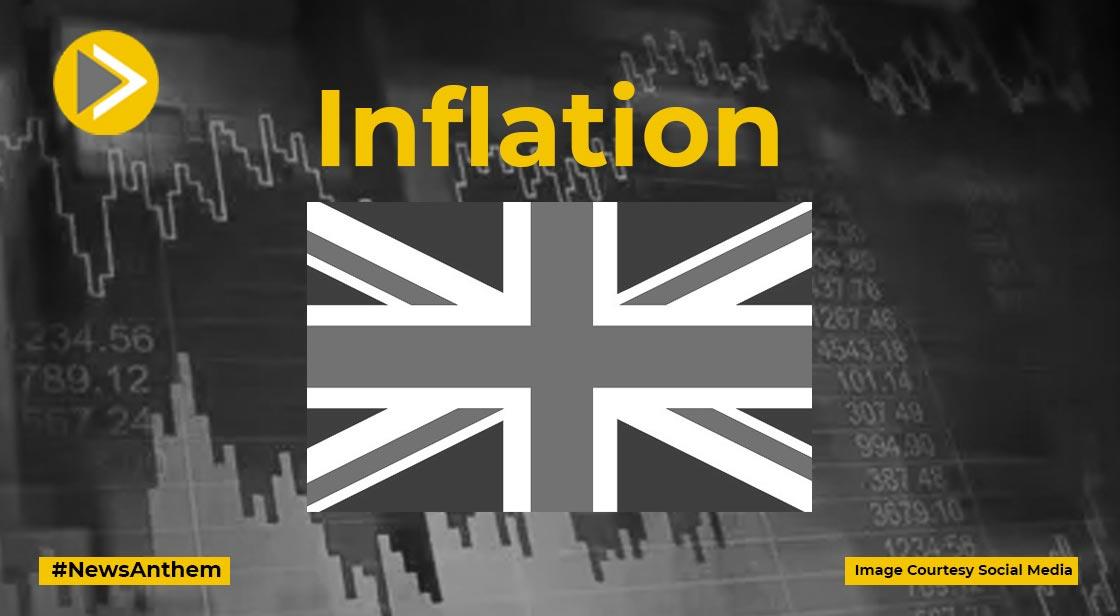British Inflation Hits 11.1%, Led By Energy Prices

News Synopsis
Consumer prices rose 11.1 percent from a year earlier in October, the highest increase in more than 40 years, worsening Britain's cost-of-living crisis and doing nothing to help people trying to keep up with sharp increases in the cost of food, heating, and gas.
Given that the annual inflation rate had already hit 10.1 percent in September, the increase was greater than anticipated. The Consumer Prices Index increased by 2% from September on a monthly basis.
Despite a government support plan designed to safeguard people and businesses from the burden of soaring energy costs, the Office for National Statistics reported that gas and electricity were the main culprits for the steep rise in consumer prices.
As supermarkets continued to pass on increases in production costs, food prices climbed for the fifteenth consecutive month.
Jake Finney, a PwC economist, noted in a note that “Staggeringly, consumer prices jumped up by 2 percent in one month, which is equivalent to the Bank of England’s target for the rise in prices over the course of a whole year,”
The annual rate of so-called core inflation, which excludes volatile items like energy and food, was 6.5 percent in October, the same as it was in September.
However, Britain's total rate is once more above the 10.7 percent average for the eurozone, sparking the greatest cost-of-living crisis in 40 years as people and businesses grapple with the possibility of a long recession.
Firms, including the thousands of small businesses that are the backbone of the British economy, are particularly concerned about ongoing cost hikes. Inflation is still rising and is “Far from peaking, inflation continues to rise,” according to a statement from the British Chambers of Commerce. We talk to thousands of companies, and they all warn us that this is not sustainable.
By the end of the year, the continent is predicted to enter a deeper recession, with nations from France to Finland suffering a double whammy from increasing inflation and sluggish or declining growth. Global prices for petroleum, food, and fertilizer have increased as a result of Russia's conflict in Ukraine and the European Union's retaliatory sanctions on Russia.
You May Like









